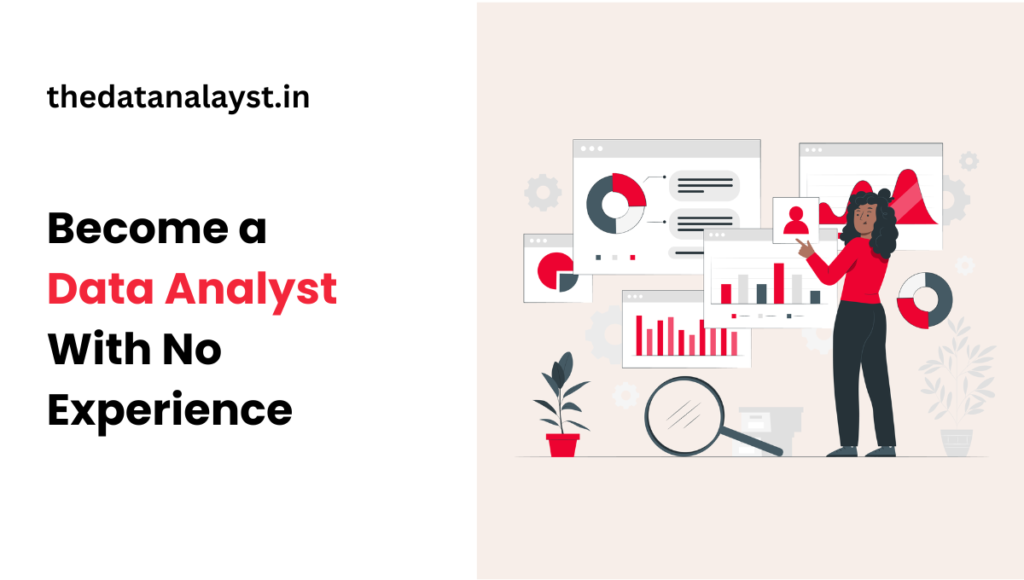Today everything runs on data and for that business analysts need strong skills to work with large datasets and extract valuable insights.
That’s where SQL (Structured Query Language) comes in. SQL is the backbone of data analysis, making it an essential tool for any business analyst. With SQL, you can easily retrieve, manipulate, and analyze data, turning raw information into actionable insights.
Why is SQL important for business analysis?
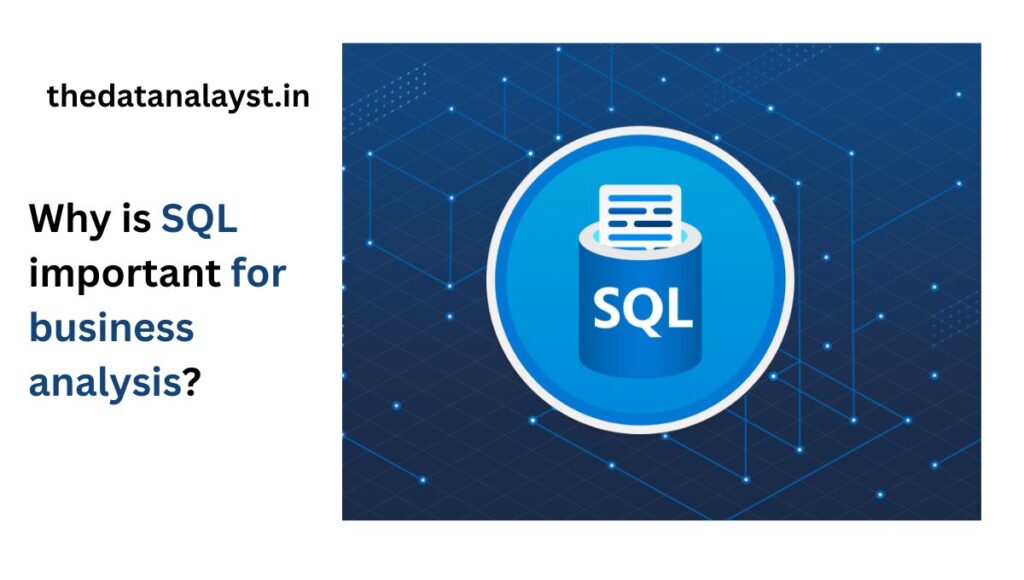
Because it’s a universal language for querying databases, used by nearly every industry to handle massive amounts of data.
For business analytics, SQL allows you to filter, join, and aggregate data, making it easier to spot trends, optimize strategies, and make informed business decisions.
So, can you use SQL for business analytics? It is not a question of can you use or not it is mandatory to use SQL.
SQL is needed to extract data and simplify complex data sets, enabling you to perform everything from basic queries to advanced analytics. It’s a must-have skill for any analyst aiming to drive data-informed strategies and maximize business value.
How SQL is used for Business Analysis ?
There are number of ways we can use SQL for data analytics from Data extraction to ad hoc analysis we will discuss many different use cases of SQL for business analytics.
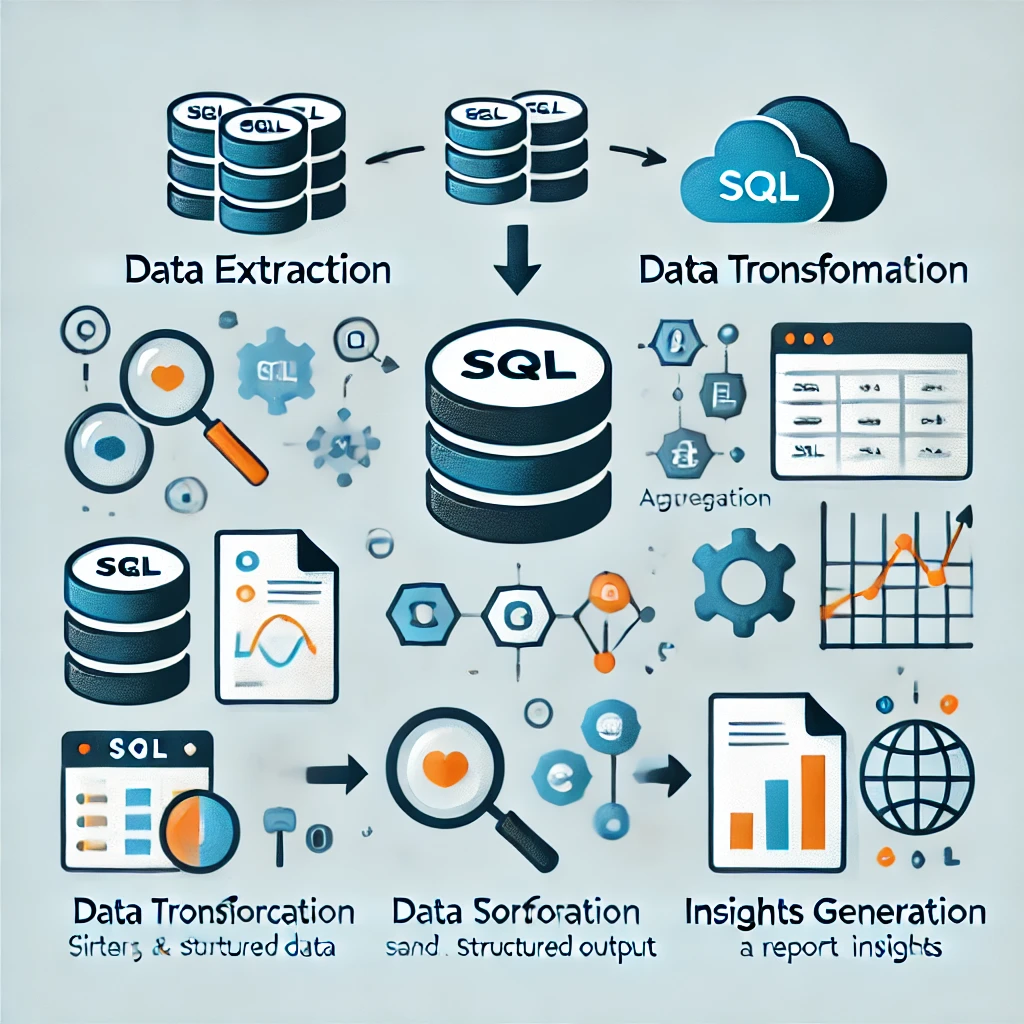
1. Data Extraction :
One of the greatest advantages of SQL is its ability to access vast amounts of data quickly and efficiently.
Whether the data is stored in relational databases, cloud databases, or data warehouses, SQL provides a universal method for querying and retrieving the information you need in seconds.
This easy access empowers business analysts to dive deep into complex datasets without relying on other tools.
2. Data Transformation:
What is the benefit of data if it is so messed up that you can not work on it well again SQL comes to your help here.
SQL isn’t just about accessing data; it also offers powerful capabilities for transforming and managing it.
You can use SQL to clean, filter, sort, and aggregate data, making it easier to handle messy, raw datasets. From simple updates to complex joins, SQL helps analysts prepare the data for accurate analysis, ensuring that it’s consistent, reliable, and ready for interpretation.
3. Insights Generation:
If you can not make sense of data then how will you use it to solve your business problem ?At its core, business analysis is about turning data into actionable insights.
SQL allows analysts to perform advanced queries, uncover hidden trends, and generate reports that guide data-driven decision-making.
By using SQL to explore relationships within the data, analysts can create meaningful visualizations and reports that inform strategy and improve business outcomes.
Common SQL Applications in Business:
- Sales & Marketing Analysis: Track sales performance, monitor marketing campaign effectiveness, and identify growth opportunities using SQL queries.
- Financial Reporting: Use SQL to pull financial data, analyze trends, and create detailed financial reports for stakeholders.
- Customer Insights and Retention Analysis: Analyze customer behavior, segment data, and develop retention strategies by leveraging SQL’s powerful querying capabilities.
Important SQL Concepts Every Business Analyst Should Know
Here are some of the most important SQL concepts you must master no matter if you are just starting out or you are already experienced.
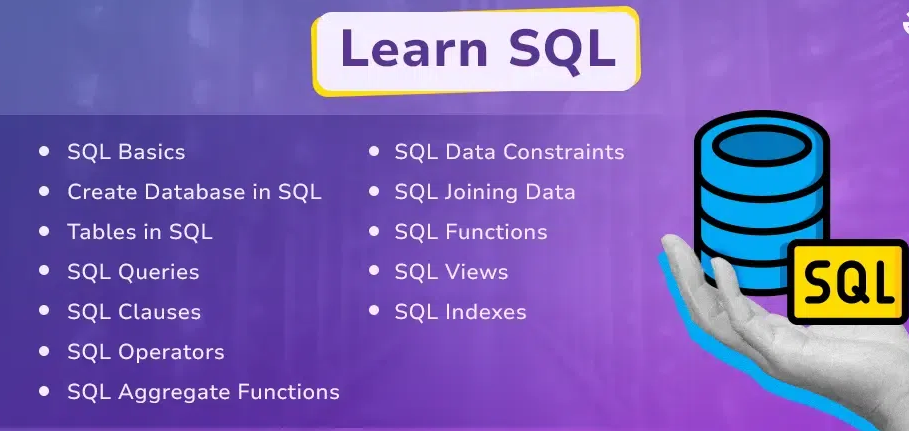
- Basic SQL Syntax and Commands:
- SELECT, FROM, WHERE, GROUP BY, ORDER BY
- Primary SQL Operations for Analysis:
- Filtering data, sorting, grouping, and aggregations
- Join Operations:
- INNER JOIN, LEFT JOIN, RIGHT JOIN, and FULL JOIN, emphasizing how joins are critical for business data analysis.
- Subqueries and Window function
Important SQL Queries for Business Analysts
You have to not just understand SQL concepts but you shall also be able to write queries with them and here are some of the most commonly used queries obviously there will be differences based on your datasets and requirements.
Important SQL Queries For Business Analytics
Here are some basic queries that you must master
- Data Extraction Queries: Using from , where filters to extract the desired data.
- Aggregation Queries: SUM, AVG, COUNT, MIN, MAX (e.g., calculating average sales or total revenue).
- Time-Based Analysis: Using date functions for time-series analysis (e.g., monthly sales growth).
- Comparison and Segmentation: Using CASE statements to segment data (e.g., high-value vs. low-value customers).
Advanced SQL Techniques for Business Analytics
Now here are some advanced queries and if you are perfect with these queries than your work as an analyst and working with SQL with be so much easy.
- Window Functions: Explain ROW_NUMBER(), RANK(), and other window functions for advanced data slicing.
- CTEs (Common Table Expressions) and Recursive Queries: Use them to extract a possible outcome value and then use them in another query.
- Pivoting and Unpivoting Data: Learn to reshape data tables for deeper analysis.
- Handling Null Values and Data Cleaning: Learn to handle nulls, duplicates, and inconsistencies.
- Semantic Questions:
- “What advanced SQL techniques are useful for business analysis?”
- “How do window functions enhance SQL queries for business insights?”
Real-World SQL Use Cases in Business Analysis
Now we will understand some real world use cases in business analysis so that you will understand how and why SQL is exactly used and how it provides value to the users.
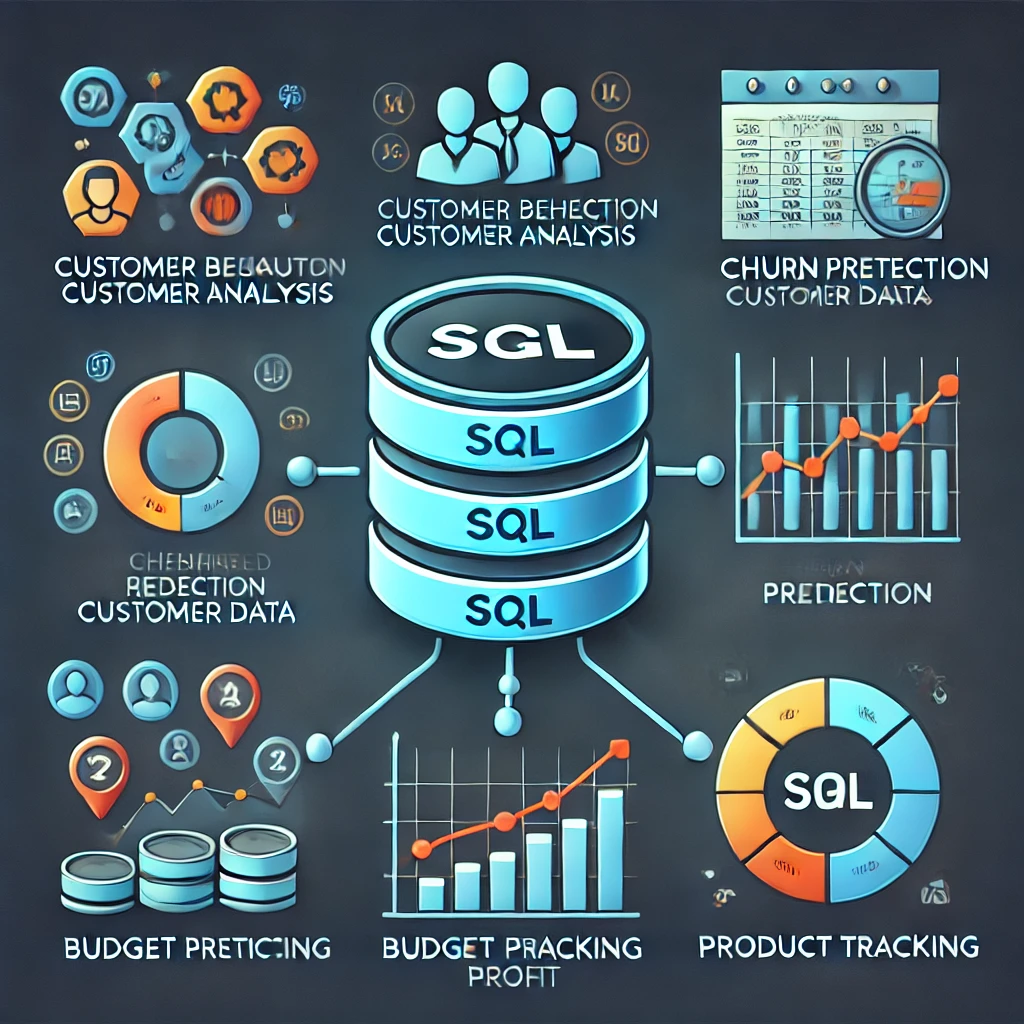
- Customer Behavior Analysis: Using SQL to segment customers and analyze purchasing behavior.
- Churn Prediction: SQL queries to track customer churn and retention patterns.
- Financial Analysis: Leveraging SQL to create budget reports, expense tracking, and profitability analysis.
- Product Performance Tracking: SQL queries to monitor and evaluate product or service performance.
SQL is a skill that is very important if you have to work in data industry and it is there is one of the first interview round in any big tech company that uses data and makes data based decisions.
Conclusion
SQL is not just a tool; it’s a game-changer in the world of business analytics.
From data extraction to advanced analysis, SQL empowers business analysts to efficiently handle large datasets, uncover insights, and make data-driven decisions that shape business strategies.
Mastering SQL unlocks countless opportunities, whether you’re analyzing sales trends, optimizing financial reports, or understanding customer behavior.
SQL for Business Analysis: FAQs
Let us answer some of the most frequently asked questions about SQL for business analytics.
What SQL skills are needed for a business analyst?
If you have to use SQL for business analytics than you need to perfect in extracting the data from a data source , you must be able to clean and manipulate the data and finally you must be able to draw insights from it.
Is SQL enough for business analyst?
It depends on which organization you are working for some organization might only need the ad hoc analysis which you can perform in any SQL editor but on other some organization might want to see it in forms of visuals so that they can easily understand what data is saying.
Some times you also need to know Python if you want to perform some automation but it is usually on advanced level of your career.
How long does it take to learn SQL for business analyst?
It depends on your experience with coding language in general and also with querying language such as SQL .
Depending upon you knowledge and skills you can easily master SQL from 3 to 6 months.
Should I learn SQL or Python for business analyst?
You must learn SQL first because unless and until you do not get data how will you generate insights. You might be able to manipulate , clean and generate insight using Python but you need SQL for data extraction.
